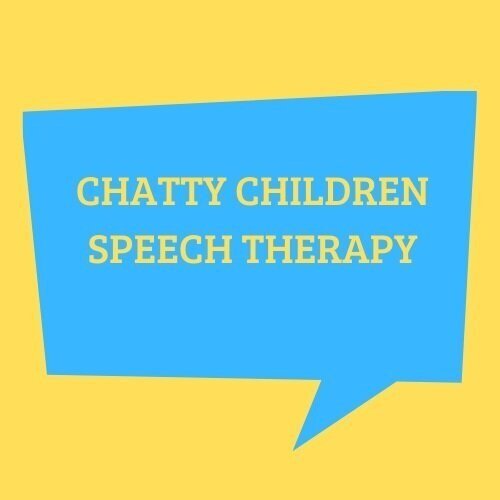Speech therapy for kids- Attention skills
In last week’s blog I discussed the communication tower, what I consider the basic building blocks of language. This week I want to focus on the foundations of the tower, attention and listening skills.
How does this skill develop? Attention and listening skills start to develop in the womb
· By 26 weeks a foetus begins to recognise familiar voices.
· From birth, babies will startle on hearing loud sounds.
· At 4 months a baby reacts to the sound of a familiar voice e.g. turns their eyes or head towards the voice.
· 0-1 years, fleeting attention is present, and babies are highly distractible and shift their attention quickly.
· 1-2 years, single channelled attention develops, meaning toddlers can only focus on one thing at a time often of their choosing.
· 2-3 years, attention continues to be single channelled, but toddlers can sustain their attention for longer periods. Toddlers can attend to an adult’s choice of activity but may need some support to do so.
· 3-4 years, dual channelled attention develops. Children will start to control their own attention and can switch between tasks e.g. what they are playing with to responding to an adult’s instructions.
· 5-6 years, fully integrated attention. Children at this age can sustain and control their attention; for example, switch their attention when needed and ignore irrelevant information.
To develop a child’s language, play and social skills attention is essential. Children with poor attention skills can find it difficult to understand instructions, learn new words and take part in group activities such as carpet time.
If you feel your child has difficulties with their attention skills, you can use the following Chatty Children Speech Therapy top tips.
· Use your child’s name and get down to their level to gain their attention before giving them an instruction.
· Use physical prompts, such as tapping your child’s shoulder or holding their hand to gain their attention.
· Build their attention over time; start with games and activities they enjoy, such as blowing bubbles or building towers, then slowly increase the length of time you play these games.
· Give praise and reward good listening behaviours e.g. ‘good looking’.
I hope you have found this blog helpful. If you have you any concerns about your child’s communication skills, please do not hesitate to contact me. Please click on the link below to arrange a free 15-minute telephone consultation.
